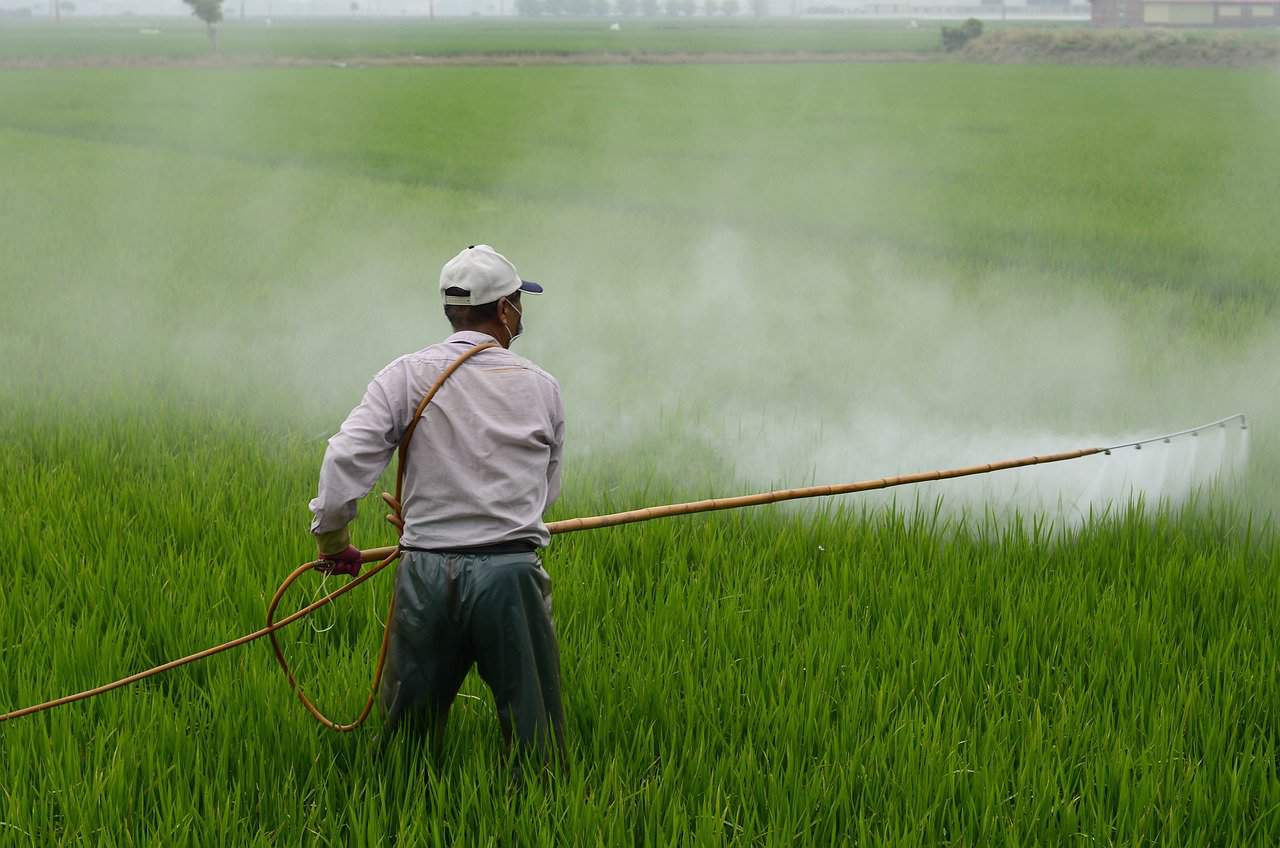Costa Rica’s extensive use of highly hazardous pesticides in conventional agriculture is raising urgent health and environmental concerns. Recent research from the Toxic Substances Institute at the National University (UNA) indicates the country is consuming pesticides labeled as dangerously toxic by international authorities.
Many substances commonly applied on Costa Rican farms, including mancozeb, glyphosate, 2,4-D, chlorothalonil, diazinon, paraquat, diuron, ethoprophos, chlorpyrifos and oxamyl, are classified as highly hazardous by UNA. This aligns with criteria from the Stockholm and Rotterdam Conventions and Montreal Protocol.
Study author Dr. Fernando Ramirez disclosed alarming data – out of the ten pesticides used most in Costa Rica, eight are considered highly toxic. Astoundingly, about 90% of all pesticides used nationwide meet the criteria for highly hazardous.
Given this evidence from national and international health bodies, there are urgent calls to reform pesticide legislation in Costa Rica. The goal is implementing precautionary measures to halt authorizations of new highly toxic substances to protect public and environmental health.
Dr. Ramírez emphasized the deep implications of rampant hazardous pesticide use, which threatens human rights like the right to life, health, and adequate food. He explained, “The use of these pesticides represents a serious risk to human health and the environment, violating rights guaranteed by the Constitution.”
The UN has also recognized such violations. Costa Rica’s constitutional right to a safe, balanced environment is being infringed upon by the use of these dangerous chemicals.
Immediate action must be taken to ban highly hazardous pesticides in agriculture and uphold citizens’ rights to live in an uncontaminated environment. Continued exposure poses unacceptable risks, particularly for vulnerable rural communities and agricultural workers.
Costa Rica has a duty to reform its policies in line with international standards on highly toxic substances. Legislative change can safeguard public and ecological wellbeing over commercial interests. The health of citizens and environment must be prioritized over spraying dangerous chemicals linked to illness.






